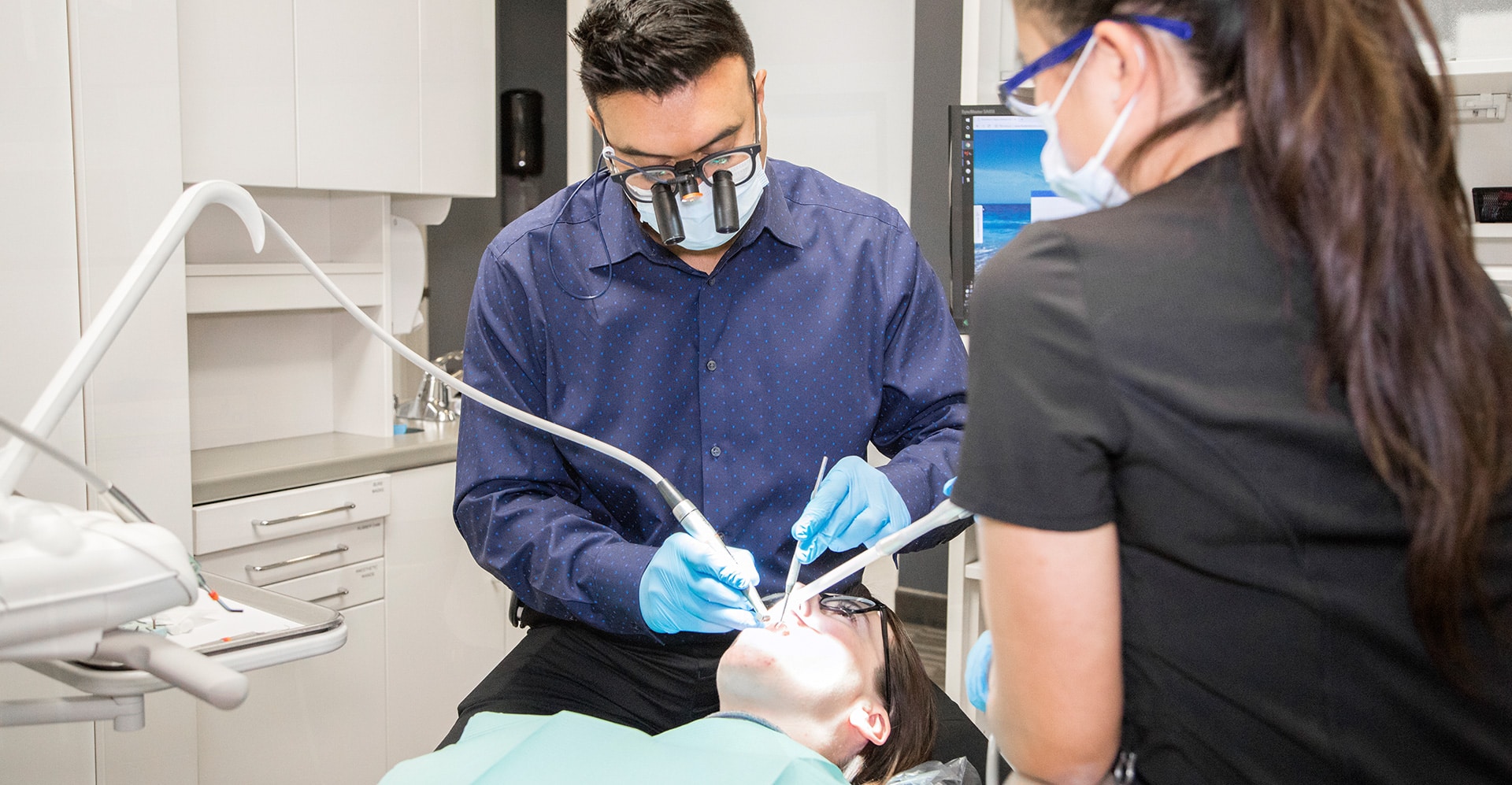SIPPY CUPS
A toddler’s frequent use of a sippy cup for a prolonged period can cause tooth decay, according to many pediatric dentists. A sippy cup is an excellent tool for easing the transition from a baby bottle to a regular adult drinking glass. The fact that sippy cups prevent spills and leaks is one of the reasons why most parents continue to use them well into their toddler years. Therefore, pediatric cavities (often called “baby bottle cavities”) are becoming increasingly common in children between the ages of two and five.
A “well-baby” checkup with a pediatric dentist is recommended approximately six months after a child’s first tooth emerges, according to the American Academy of Pediatric Dentistry (AAPD). During this visit, the pediatric dentist will discuss sippy cup use and general oral care routines with parents and offer strategies for eliminating unwanted oral habits.

How often should my child use a sippy cup?
The child should be introduced to a sippy cup when he or she is able to grasp it for the first time. Once the child is able to use an adult-sized cup – usually around one year of age – its use should be discontinued. As soon as the first teeth emerge from the gums, children are at risk for tooth decay, making good oral hygiene routines a necessity.
Pediatric dentists provide parents with the following guidelines during the sippy cup period:
- Avoid filling sippy cups with sugary liquids (use water whenever possible).
- Children should not be allowed to continuously sip from a sippy cup (remove the cup once the child has finished drinking).
- Don’t allow your child to take a sippy cup to bed (unless it contains water).
- It is not a good idea to use a sippy cup to comfort a distressed child (especially one that contains sugary liquids).
- Rinse the sippy cup frequently with water to prevent germs from growing.
- Whenever possible, allow the child to drink sugary liquids at mealtimes (when saliva production is at its highest levels).
Why do sippy cups cause tooth decay?
Tooth decay is not caused by sippy cups alone. Most of the time, the real problem is that parents often fill them with sugary, decay-promoting liquids. Breast milk, baby formula, fruit juice, soda, and sweetened water are examples of such liquids.
Since sippy cups emit only a small amount of liquid at a time, the sugars in the fluid continuously wash into and around the child’s mouth. These sugars feed oral bacteria, which produce harmful acids. When acid attacks tooth enamel, it weakens and becomes susceptible to decay. There are times when cavities (caries) form between the teeth, which are not visible to the naked eye. Having biannual appointments with the pediatric dentist is the best way to keep an eye on the teeth and make sure cavities don’t form.
What is the best sippy cup for my child?
It is important to note that not all sippy cups are created equal. In order to select a good sippy cup, the American Dental Association (ADA) provides the following guidelines:
You should avoid using “no-spill” valves –
A sippy cup with a no-spill valve does not advance the child’s ability to consume liquids. Because they release only a small amount of liquid, sugars are swishing around the mouth more frequently.
Select a spout –
It is preferred to use cups with a snap-on lid or a screwing lid with a spout over the alternatives. As opposed to being glorified baby bottles, these cups encourage good drinking habits.
It is preferable to have two handles than one –
In order to make the transition successful, the child must feel comfortable enough to grasp a cup of an adult size. Larger cups require the use of two hands, so it is better for the child to develop this habit at a young age.
To ask your pediatric dentist about tooth decay or the use of sippy cups, please click here.
Schedule a Consultation
Our dentists pride themselves on putting your needs first and offering FREE PARKING — a rarity for downtown dentists. We care and we listen. Our dentists have years of experience and are here to serve your needs at every appointment. If you have a question about your smile or need a second opinion, we’re here to help.

